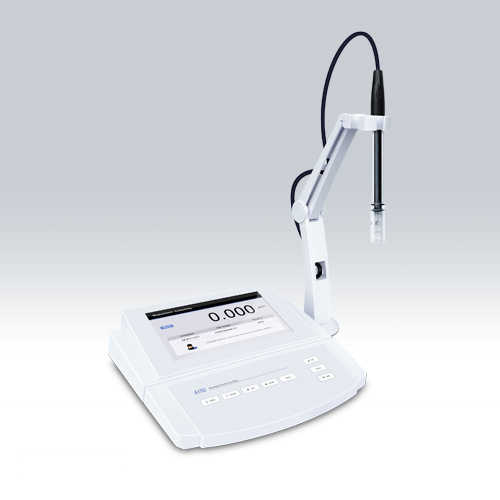Agriculture is a sector with increasingly advanced technological capabilities, one of the most prominent being monitoring and measuring tools. Specifically, the lab conductivity meter has proven its significance in measuring soil salinity, a crucial factor for plant health and crop productivity.
Salinity can affect plant growth, nutrient absorption, and even survival, making its control a priority for farmers.
Measuring Instrumentation – The Conductivity Meter
A lab equipment manufacturer produces various types of conductivity meters, all useful for measuring soil salinity. These devices function by measuring the electrical conductivity of water.
Generally, the greater the presence of salts in the water, the higher the conductivity and, consequently, the salinity. Conductivity meters can provide quick and precise readings, enabling farmers to make informed decisions concerning their irrigation and fertilization management.
Technical Specifications of Conductivity Meters
Conductivity meters come with a variety of features and technical specifications based on their design. Some devices are compact and portable, perfect for field tests, while others are stationary types designed for labs. Often, such meters come with advanced features, including automatic temperature compensation, automatic calibration, and data storage options.
Concerning the technical specifications of these devices, most have a measuring range from 0 to 200 mS/cm (millisiemens per centimetre), capable of detecting even slight concentrations of salts. Additionally, most have an accuracy of ±1%, providing a high level of reliability. Discover the models we have for you at Kalstein, https://kalstein.it/category-product/laboratory-line/conductivity-meters/
Purchase and Sale of Conductivity Meters
The price of a conductivity meter varies depending on its manufacturer, type, and capacity. Generally, portable meters are the most affordable, while lab ones with advanced features may be more expensive. Nevertheless, considering its importance in soil salinity management, purchasing a conductivity meter can be seen as a valuable investment for any farmer.
Several manufacturers and distributors offer these devices for sale, both in physical stores and online portals. It’s essential to conduct thorough research before purchasing to ensure the conductivity meter meets the farmer’s specific needs and offers good long-term performance.
In conclusion, conductivity meters play a critical role in measuring salinity in agriculture, assisting farmers in maintaining enhanced crop health and ensuring productivity. With the correct purchasing approach and proper use, this valuable tool will add tremendous value to the agriculture sector.

